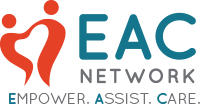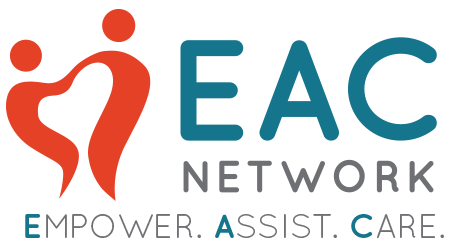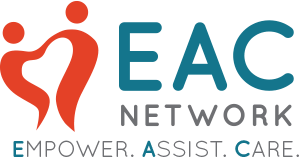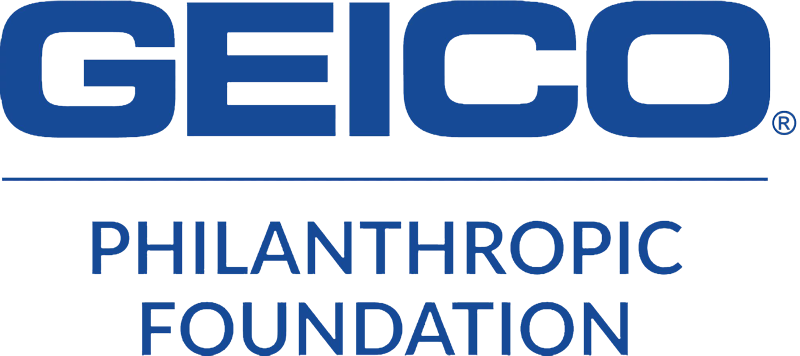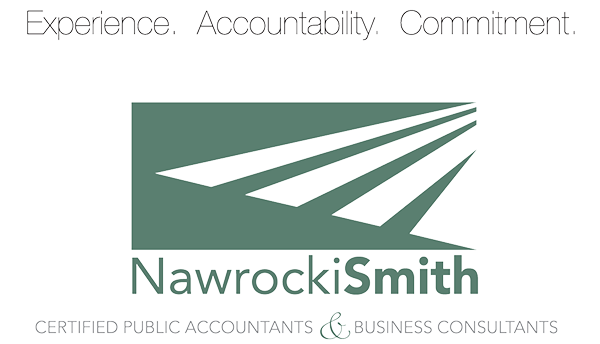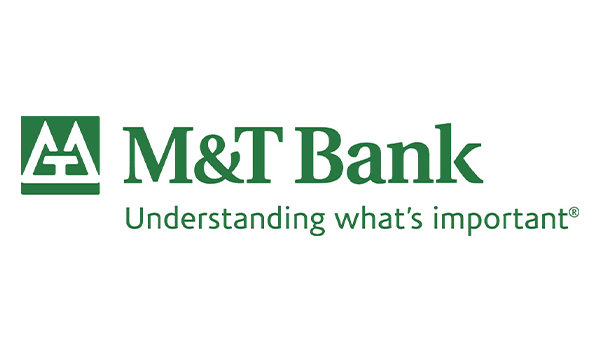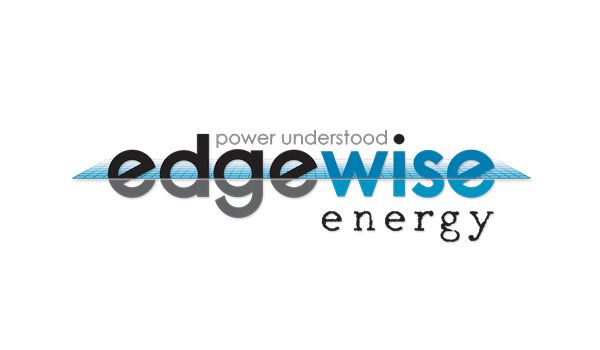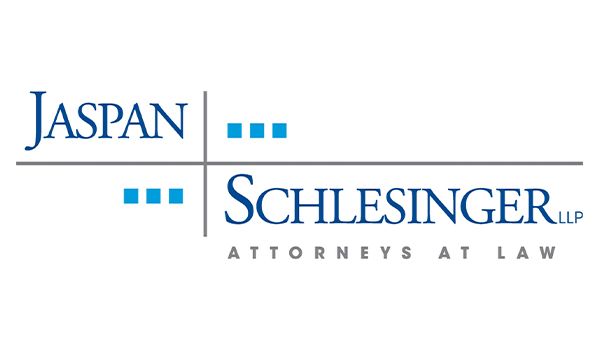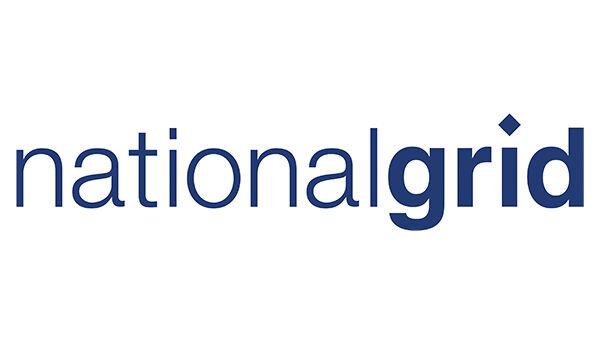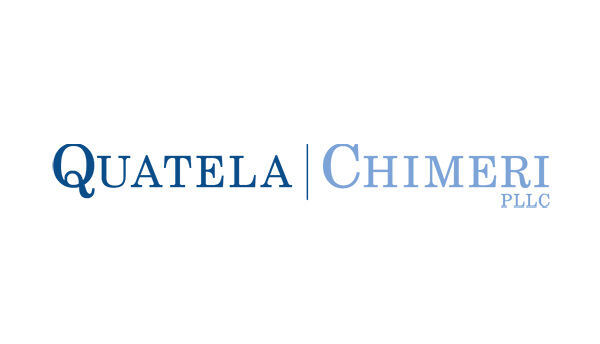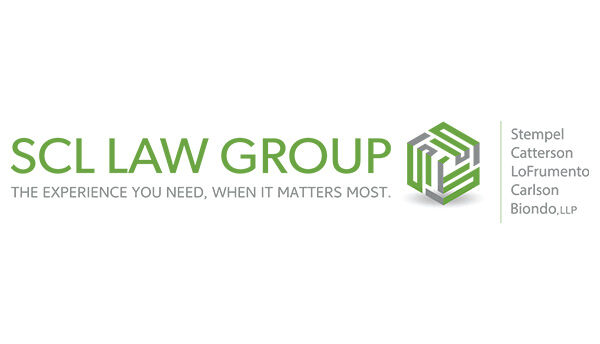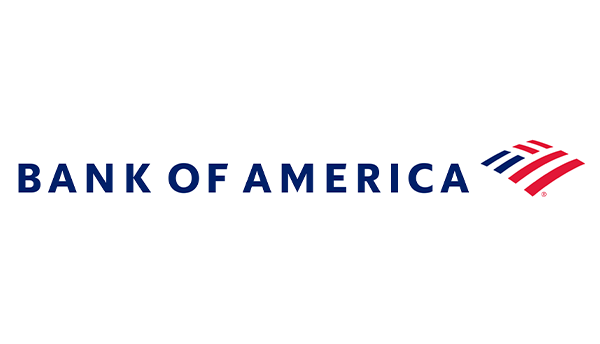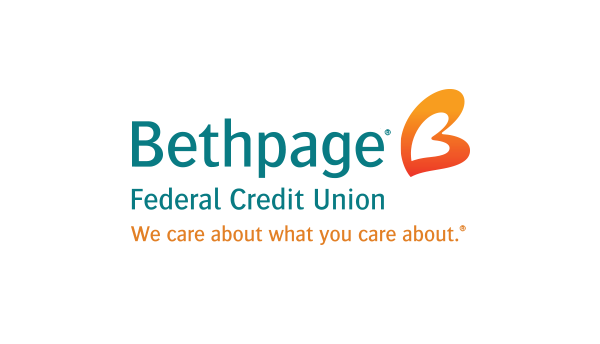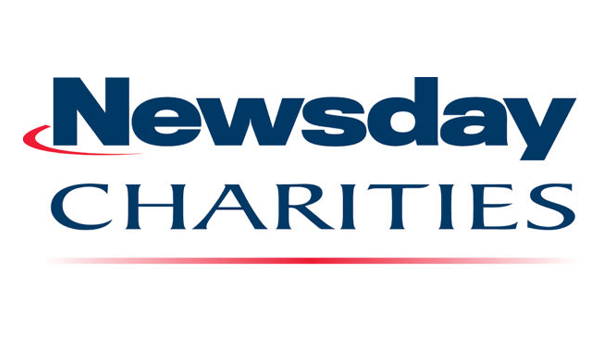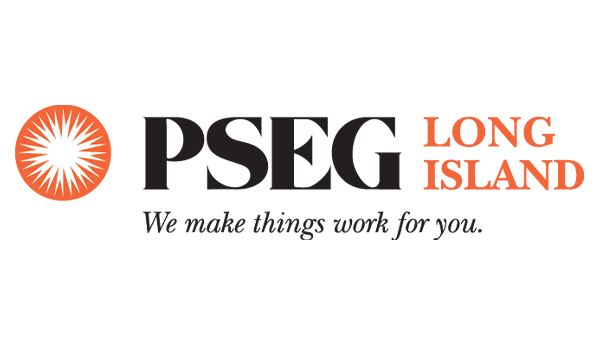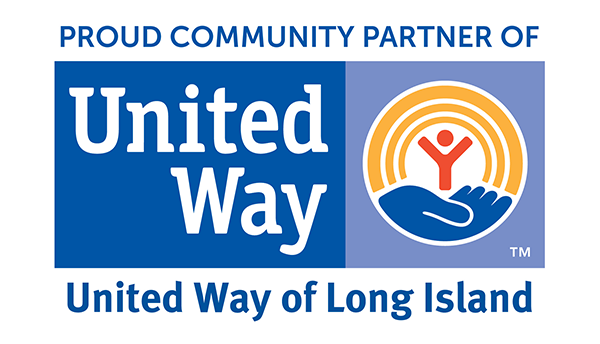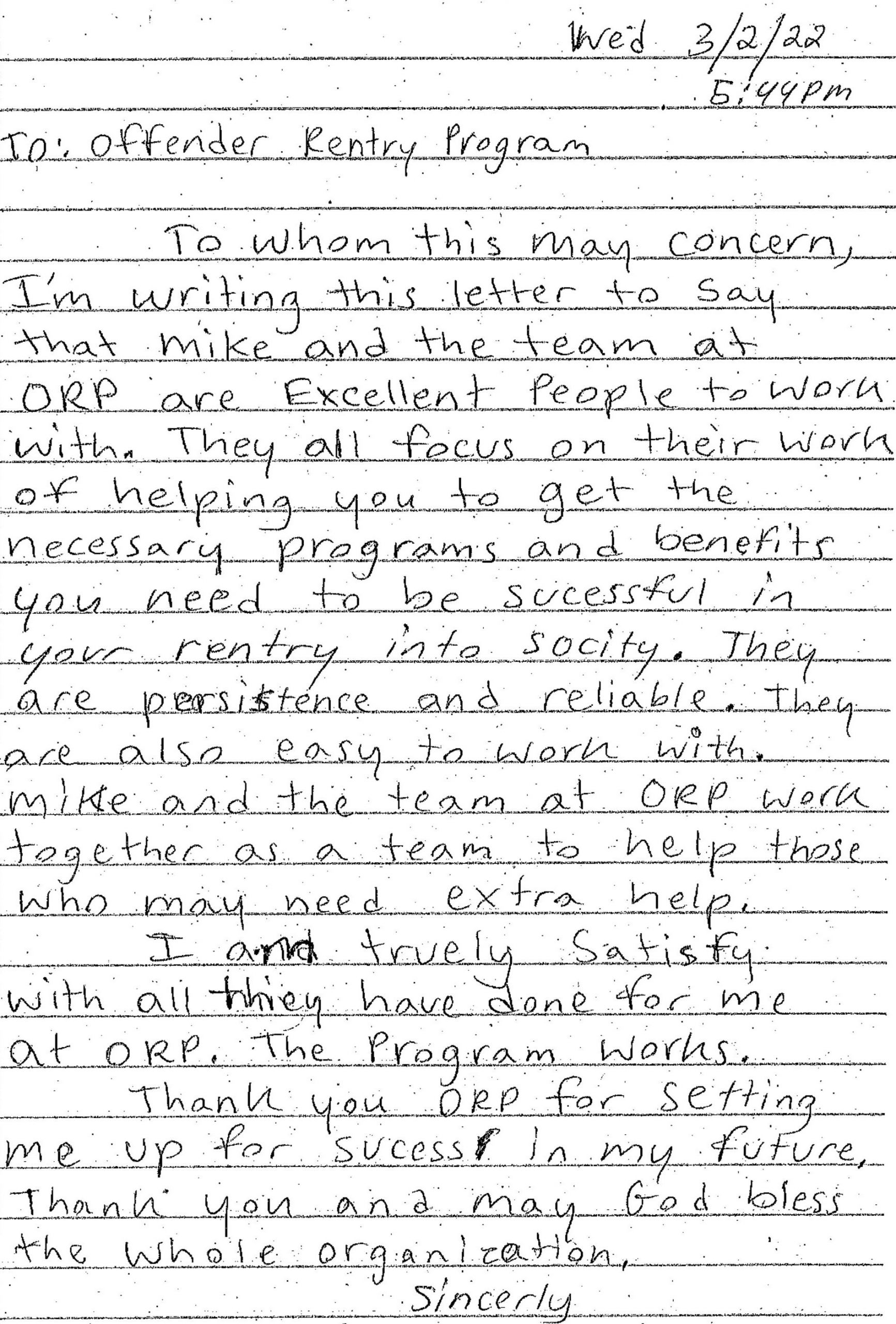
Program Overview
The Offender Reentry Program (ORP) is a voluntary program designed to assist adult offenders diagnosed with co-occurring substance use and mental health disorders (COD), returning to the five NYC boroughs from NYS Department of Correction and Community Supervision (DOCCS) prisons [primarily Sing Sing, as identified and referred to us by OMH/DOCCS] after serving a minimum sentence of 6 months for a fel-ony. ORP aims to improve community reintegration and reduce recidivism for this highly vulnerable population through evidence-based practices, intensive case management, clinical care coordination, Peer Recovery Support Services (PRSS), and linkage to NYC’s extensive programs/resources. ORP Case Man-agers/Care Coordinators and PRSS engage returnees in a working relationship while incarcerated and sustain engagement beyond release (for at least 9 months) to identify healthy/appropriate coping skills, expand problem-solving techniques, and develop an Individual Service Plan (ISP), featuring person-centered goals targeting individualized challenges related to the immediate reentry process to not only achieve long-term stability, but increase identity capital as well as restore personal success. On the day of release, participants are met by ORP staff and Forensic ICM/Housing at their designated parole office to make their initial community report, meet their reporting PO/SPO, and review their initial supervision plan (including general and/or special orders and mandated parole conditions). ORP ensures returnees maintain weekly contact with their PO/SPO, Forensic ICM/Housing, AOT/FACT, as well as any appropri-ate treatment/recovery supports to maintain compliance and reduce risk of violation or absconding from parole until 9-month discharge. Furthermore, once approved by parole supervision, returnees are connected to a full range of vocational and training opportunities (e.g., educational and/or skills training, career interests, goals for family responsibilities, job preferences, transportation, networking), by EAC’s Vocational Specialist. Participants will review their ISP (goals/objectives initially outlined in their personalized individual service plan) on a rolling basis with ORP staff, DOCCS, Forensic ICM/Housing, among other treatment team providers to identify any concerns/barriers, promote participant self-advocacy, reinforce self-preservation skills, as well as make necessary revisions to reflect the realities of adjusting to life in the community.
Currently Enrolled, Refused/Lost Contact, or Successfully Graduated? We’re still here for you.
Call us at 718-975-0180 or visit our office (walk-ins welcome) for help finding a new PCP; dentist; neurologist; sober supports/group therapy (e.g., parenting, grief, anger management); employment training/GED); family services (reunification/co-parenting); life skills workshops; HIV/AIDS & STI testing; Naloxone (Narcan®) kits; Fentanyl Testing Strips; as well as help with your HRA (SNAP/Medicaid/ Supportive Housing) application(s), SSI/SSDI follow-up inquiries, and/or to obtain copies of any personal documents we have gathered on your behalf during the course of your 9-month enrollment.
Number of Clients Served:
As of January 2024 (Year 5), ORP has enrolled a total of 215 participants, successfully referring all to various agencies for mental health and substance use treatment, medical care, supportive housing, rehabilitation, career development/vocational training, and/or other services located in the five NYC boroughs and Long Island.
Funding Generously Provided by:
ORP is funded by private donations & SAMHSA-CSAT.
Program Contact:
Gabrielle Herman, LMHC/CSOTP
Program Director
gabrielle.herman@eac-network.org
718-975-0180 x306
Sam Fitzgerald, MHC-LP
Program Coordinator
samantha.fitzgerald@eac-network.org
646-841-7171
Dominique Chapman
Care Coordinator/Case Manager
dominique.chapman@eac-network.org
646-841-7394
Alisha Elliott
Case Manager/Care Coordinator
alisha.elliott@eac-network.org
646-841-7636
Francisco “Frankie” Hernandez
Peer Recovery Support Specialist (PRSS)
francisco.hernandez@eac-network.org
929-333-6354
Visit Us
175 Remsen Street
5th Floor
Brooklyn, NY 11201
718-975-0180
Program Description
Re-entering individuals navigate significant challenges and barriers transitioning from incarceration to the community, which often include limitations on employment prospects, public housing, and access to clinical and social services. ORP is a voluntary program designed to assist adult offenders diagnosed with co-occurring substance use and mental health disorders (COD), returning to the five NYC boroughs from NYS Department of Correction and Community Supervision (DOCCS) prisons [primarily Sing Sing, as identified and referred to us by OMH/DOCCS] after serving a minimum sentence of 6 months for a felony. ORP utilizes mutually reinforcing, evidence-based practices (EBPs) demonstrated effective in reducing recidivism: Risk-Needs-Responsivity (RNR), Correctional Offender Management Profiling for Alternative Sanctions (COMPAS), Critical Time Intervention (CTI), Motivational Interviewing (MI), and Inter-active Journaling (IJ). ORP staff provide case management/care coordination transition planning to effectively link and secure access to appropriate physical & behavioral health intervention(s), if not yet ad-dressed by others. ORP staff gladly assist with reengagement efforts, after-care coordination, warm-handoff(s), diligent search efforts, and accommodating escort needs (determined case-by-case ). We also provide functional skills or transportation training, one-on-one peer counseling, participation incentive, and access to generously donated new or gently used clothing
Outcomes:
ORP is a five-year award (January 15, 2020, to January 14, 2025), targeting a total of 55 unduplicated and additional individuals fitting this demographic per year, for a total of 275 for the grant period.
Statistics Year 1 (2020-2021):
- Intake Rate Achieved: 61.7%; Average for all other SAMHSA Treatment Drug Court grantees: 66.3%
- 6-Month Follow-Up Rate Achieved: 100%; Average for all other SAMHSA Treatment Drug Court grantees: 74%
Statistics Year 2 (2021-2022):
- Intake Rate Achieved: 84%; Average for all other SAMHSA Treatment Drug Court grantees: 78%
- 6-Month Follow-Up Rate Achieved: 79.6%; Average for all other SAMHSA Treatment Drug Court grantees: 48%
Statistics Year 3 (2022-2023):
- Intake Rate Achieved: 90%; Current average for all other SAMHSA Treatment Drug Court grantees: 84%
- 6-Month Follow-Up Rate Achieved: 74%; Average for all other SAMHSA Treatment Drug Court grantees: 45%
Statistics Year 4 (2023-2024): Coming Soon…
How You Can Help:
DONATE NOWWhat People Say About ORP:
I am excited to be back home and to have a support system [ORP], especially since my family lives out of state.
“Thank you for always checking-in and being there when I have questions.”
